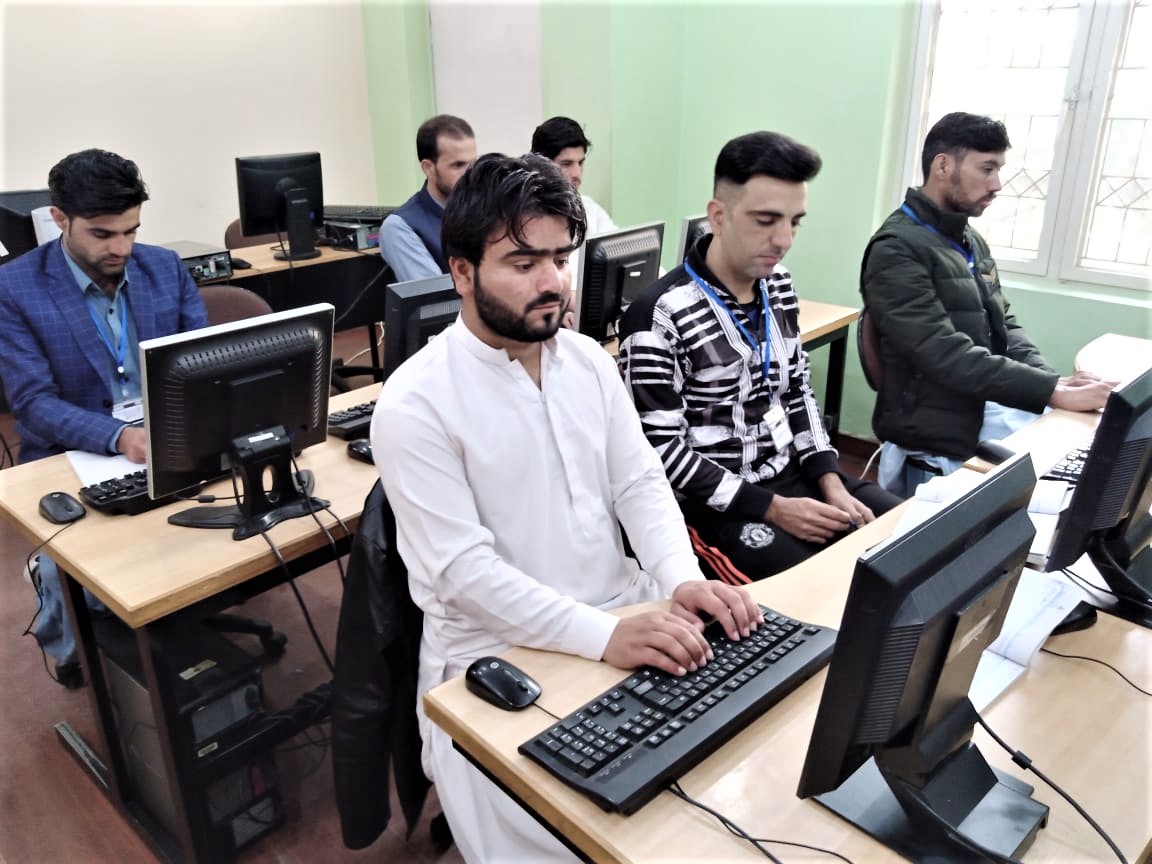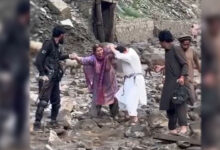Reimaging youth skills for post pandemic

Shamsullah Durrani
Youth is considered as a great asset for the socio-economic development of a country. Investing in young people can be a nation’s most strategic investment.
If provided with necessary opportunities, such as quality education, physical health, technical and demand driven vocational skills along with employment opportunities, the youth can have the ability to make suitable decisions while building a prosperous future.
In general, active and informed youth play the role of thought provoking leaders which positively impacts the society at large.
The World Youth Skills Day, which is observed every year on July 15, in order to celebrate and highlight the strategic importance of young people along with challenges and opportunities that they face in employment, decent work and entrepreneurship.
This year’s theme is “Reimaging youth skills for the post pandemic” means celebrating the resilience and creativity of youth throughout the pandemic.
Fortunately, Pakistan is considered one of the youngest countries and has one of the largest youth populations in the world. According to the Pakistan National Human Development Report, 68% of the population is below the age of 30 and around 27% is between the ages of 15 and 29.
Having such young population is a great opportunity for Pakistan to utilize the potential and energy of this huge bulk of human resource with special focus on TVET (technical vocational education training) which will contribute as a whole in Pakistan’s socio-economic development and also achieving the universal target of SDGs (Sustainable Development Goals) by 2030 as proposed by UN.

This comprehensive article illustrates BRSP’s contributions and interventions in youth empowerment and livelihood components with specific focus on TVET skill learning programmes.
Balochistan Rural Support Programme (BRSP) , a non-profit organization working in Balochistan, is one of the largest organizations in the province.
The organization has presence in 26 districts of the province, focusing on education, health, Water Sanitation and Hygiene (WASH), Natural Resource Management (NRM), capacity building of human resource, livelihood, and humanitarian relief.
BRSP with the financial support of PATRIP Foundation and German Federal Foreign Office took the initiative to empower young people and made a significant contribution in reshaping and uplifting the lives of disadvantaged youth who had graduated from traditional institutions (madaris) and formal schools.
This initiative has achieved impressive success in reshaping and securing the lives of young people from dependence, negligence and other social evils or radicalization in the province.
Since 2013, BRSP has trained about 2,138 youth including 1,238 Boys and 900 Girls involved in short-term training courses and recognition of prior learning programs called TVET (Technical Vocational Education Training).
These opportunities were provided under its education projects titled ALP (Accelerated Learning Pathway) & YEP (Youth Empowerment Programmes), to equip the underprivileged youth of selected Madaris with marketable skills. Many of these beneficiaries have graduated and currently engaged in entrepreneurship or gainful jobs in various reputed public and private institutions.
The organization’s overall mission is to facilitate the establishment and improvement of sustainable livelihoods of the rural poor in Balochistan.

On other hand, BRSP is also implementing its BRACE in 211 Union Councils and eight districts including Khuzdar, Jhal Magsi, Loralai, Duki, Zhob, Pishin, Killa Abdullah and Washuk.
The BRACE Programme is to support the Government of Balochistan (GoB) to foster an enabling environment for strengthening the capacities of local government/authorities to manage and involve communities in the statutory local public sector planning, financing, and implementation processes, guided by a Community-Driven Local Government and Rural Development Policy and Fiscal Framework.
The Salient Feature of the BRACE Programme is the partnership between local government/authorities and the communities, aiming to build a network of people’s own organisations working with the local government authorities to improve basic service delivery.
Under the BRACE Programme livelihood component (TVET), BRSP trained overall 2110 youth in technical and vocational skills and taught 8440 women for literacy and numeracy skills.
In short BRSP aims to harness the potential of rural poor as well as the youth of Balochistan through a multi-pronged strategy of social mobilization, provision of technical vocational skills, interest free loans, income generating grants, adult literacy and numeracy skills, engagement in recreational activities, exposure visits, to make them stand on their feet by improving their standards of living and also inculcating a sense of ownership for the local development.






